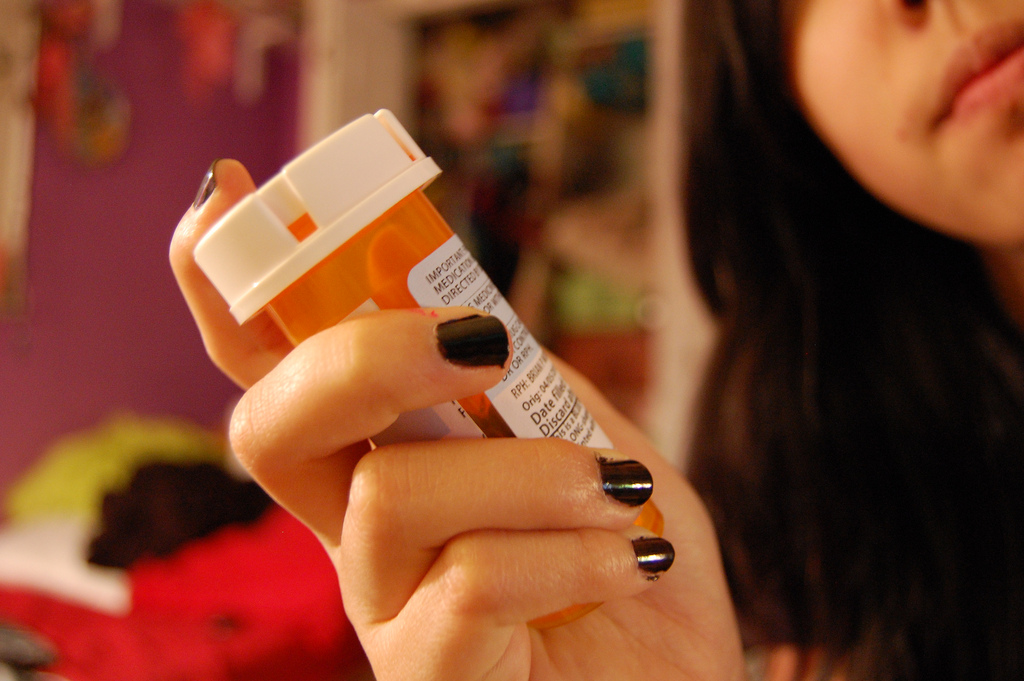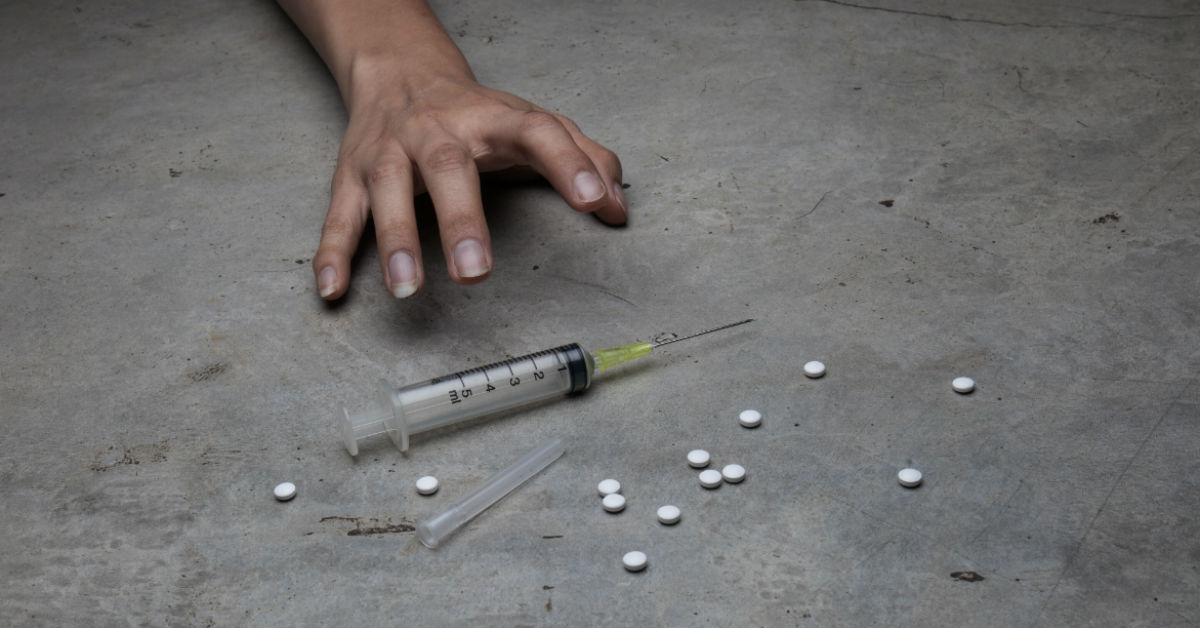In the United States, approximately 5 to 7 percent of children are diagnosed with ADHD, or attention deficit hyperactivity disorder. The condition is a developmental disorder that manifests in early childhood. Symptoms of ADHD include lack of focus, inability to sit still, hyperactivity, poor social and communication skills. Related conditions include anxiety, depression and poor self -esteem. Parents, teachers and doctors are all interested in learning more about the possible causes of ADHD.
Here are a few statistics about ADHD cases in the United States:
- It is the most commonly diagnosed developmental disorder among children.
- The number of cases diagnosed is rising each year, but it is unknown whether there are more cases or just better diagnostic procedures in place.
- The condition doesn’t favor any racial, social, economic or ethnic group.
- It is more often diagnosed in boys, with a 3 to 1 ratio over girls.
- Up to 50 percent of children diagnosed grow out of the condition, while the other 50 percent still have the condition throughout their teens and into adulthood.
There is still so much to learn about the causes of ADHD, which will lead to earlier diagnosis and better treatment methods.
Causes of ADHD
Interestingly, doctors and medical researchers do not know exactly what causes ADHD, but years of studies are bringing them closer to answers. They have also identified many risk factors for those who develop ADHD. While there is no conclusive evidence for any of the suspected causes, significant studies are pointing to links, which may yet provide the breakthrough they need to better understand the condition.
Genetic: A person’s genes and heredity play a significant part in determining whether or not a child will develop ADHD. The disorder can be inherited in some cases and if one of the parents had ADHD, the risk is increased in their children. Researchers have narrowed down some of the genes involved—most have to do with neurotransmissions.
Environment: The environment that a fetus, infant and young child is exposed to may also contribute to the developmental disorder. Studies show that when a pregnant woman drinks alcohol or smokes tobacco, the central nervous system of the developing fetus may be affected and increase the risk for ADHD. Other environmental elements include lead, polychlorinated biphenyls, pesticides and more. Researchers are constantly looking at environmental toxins to see if there are any links to toxicity and ADHD development and while many preliminary studies show promise, nothing conclusive has yet been reached. However, not all children who were exposed to this kind of environment develop the condition, so the results cannot be considered conclusive.
Illnesses and Complications: Scientists are also finding strong links between fetal and infant infections and illnesses and ADHD. Risk factors include viruses like measles, rubella and streptococcal infection. Low birth weight and premature birth also seem to increase the risk of development. Brain injuries in early childhood also may contribute to the development of the condition.
Unknowns: Some preliminary research may link certain food substances to ADHD, although there is no clinically proven connection or widespread evidence. Food dyes, preservatives, artificial sweeteners and more are often blamed for ADHD, but so far, scientific studies do not back up these claims.
Diagnosing ADHD
There is no single test to diagnose ADHD in children. Instead, doctors use a process of elimination, careful observation and psychological assessment to make a diagnosis. Teachers and parents are generally among the first to observe symptoms of inattention, hyperactivity, communication challenges and poor academic performance. Pediatricians will perform blood tests and examinations to rule out any other medical causes for the behavior. A child psychiatrist and other specialists will do evaluations and determine the diagnosis of ADHD.
Treatment for ADHD
Treatment for the condition includes medication designed to control the impulsive behavior of children with ADHD, plus behavior therapy and special education classes to help them learn appropriate ways to interact and to give extra help for success in a school environment.
Associated conditions for those with ADHD include depression, anxiety and substance abuse should be monitored and treated with a team of experts who understand the link between ADHD and these self-destructive behaviors. With proper support, teens and adults with ADHD can lead productive and successful lives.










0 Comments